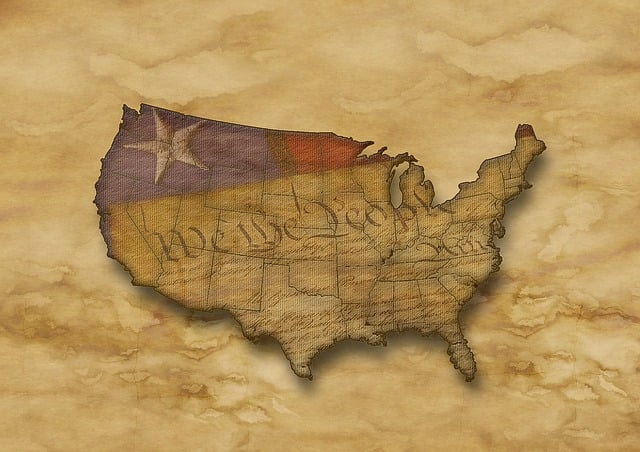
Another Preliminary Injunction in OMB Memorandum (M-25-13) Litigation
03.12.2025 | Linda J. Rosenthal, JD

The landmark 2021 California law on charitable crowdfunding – Assembly Bill 488 – is now fully in force and effect. The final administrative regulations were published in April 2024. Deadline extensions and grace periods for the all-new registration obligations have passed.
It’s a story we’ve covered in depth for several years: from Crowdfunding Then and Now (May 5, 2021) FPLG Blog to the most recent Reminder: CA Crowdfunding Deadline (September 24, 2024) FPLG Blog. Each post includes extensive detail and links to original sources and commentary.
“The new law’s purpose is to open the charitable-crowdfunding process to more transparency and reasonable controls through a registration and reporting system.
Most of the attention over the past few years has been on the newly designated and defined charitable fundraising platforms (“platforms”) and the platform charitable organizations (“platform charities.”) Those entities are the organizers and operators of charitable crowdfunding campaigns. AB 488 imposes significant and complex registration and reporting obligations on them. See Final CA Crowdfunding Regulations – At Last! (April 11, 2024) FPLG Blog.
Who else needs to pay attention?
Jan Masaoka, distinguished former President and CEO of the California Association of Nonprofits, once described the statute as impacting “…every single person who clicks on that ‘donate now’ button and every single nonprofit that receives funding this way.”
The third category under AB 488 is “recipient charity”; namely, an organization that receives “donations facilitated by a platform or platform charity.” Most 501(c)(3) public charities are likely to qualify as recipient charities. If an organization receives donations through platforms such as Facebook, Blackbaud, GoFundMe, Benevity, or Classy, it is considered to be a recipient charity.
The new law “… does not directly impose requirements on recipient charities.” So far, so good. However, one of the express restrictions on platforms and platform charities is spilling over onto the recipient charities – including those outside California.
Under Assembly Bill 488, effective on January 1, 2023, platforms and platform charities “…are only permitted to solicit, permit, or otherwise enable solicitations, or receive, control, or distribute funds from donations for recipient charities that are in good standing in California.”
Practitioners are reporting that “… a sizable number of nonprofit organizations” have been “… surprised to find themselves blocked from receiving donations through various online fundraising platforms including Facebook. The cause was failure to be in “good standing” in California. See Has Your Organization been Blocked by Charitable Fundraising Platforms? It is likely due to California’s new “Good Standing” requirement (February 2, 2024) Karen I. Wu, Esq., Perlman & Perlman Blog and Why it Matters if Your Nonprofit Organization is in “Good Standing” in California (June 25, 2024) Tracy L. Boak, Esq., Perlman & Perlman Blog.
According to Tracy Boak, “[t]his means that if your organization is not in good standing in California, a platform may stop listing you as a potential beneficiary of funds and cannot send funds to your organization.” Further, “depending on how a platform has set up its good standing procedure, failure to be in good standing could prevent your organization from receiving online donations through the platform, not only from residents of California, but potentially from donors in any state.”
“To comply with California’s “good standing” requirement,” Karen Wu explains that “fundraising platforms and platform charities receiving funds through the platform must ensure that, with respect to each recipient organization: (1) the organization’s federal tax-exempt status has not been revoked by the Internal Revenue Service (“IRS”); (2) the organization’s tax-exempt status in California has not been revoked by the California Franchise Tax Board; and (3) the organization is not prohibited from soliciting or operating in the State by the California Attorney General.”
The California Department of Justice (“DOJ”) has updated its website to include a special section titled Charitable Fundraising Platforms. Included in that section are three lists that “charitable fundraising platforms and platform charities must check for compliance with this requirement.”
The Attorney General publishes a list of organizations that are not in good standing on the first and third Wednesdays of each month. There is a five-business-day grace period after the list is published before charities can be considered out of compliance.
Generally, the affected “recipient charities” are learning about this problem only after they are blocked. Unfortunately, that’s when they become aware how difficult it is to remedy the problem of not being “in good standing” in California’s records.
– Linda J. Rosenthal, J.D., FPLG Information & Research Director
